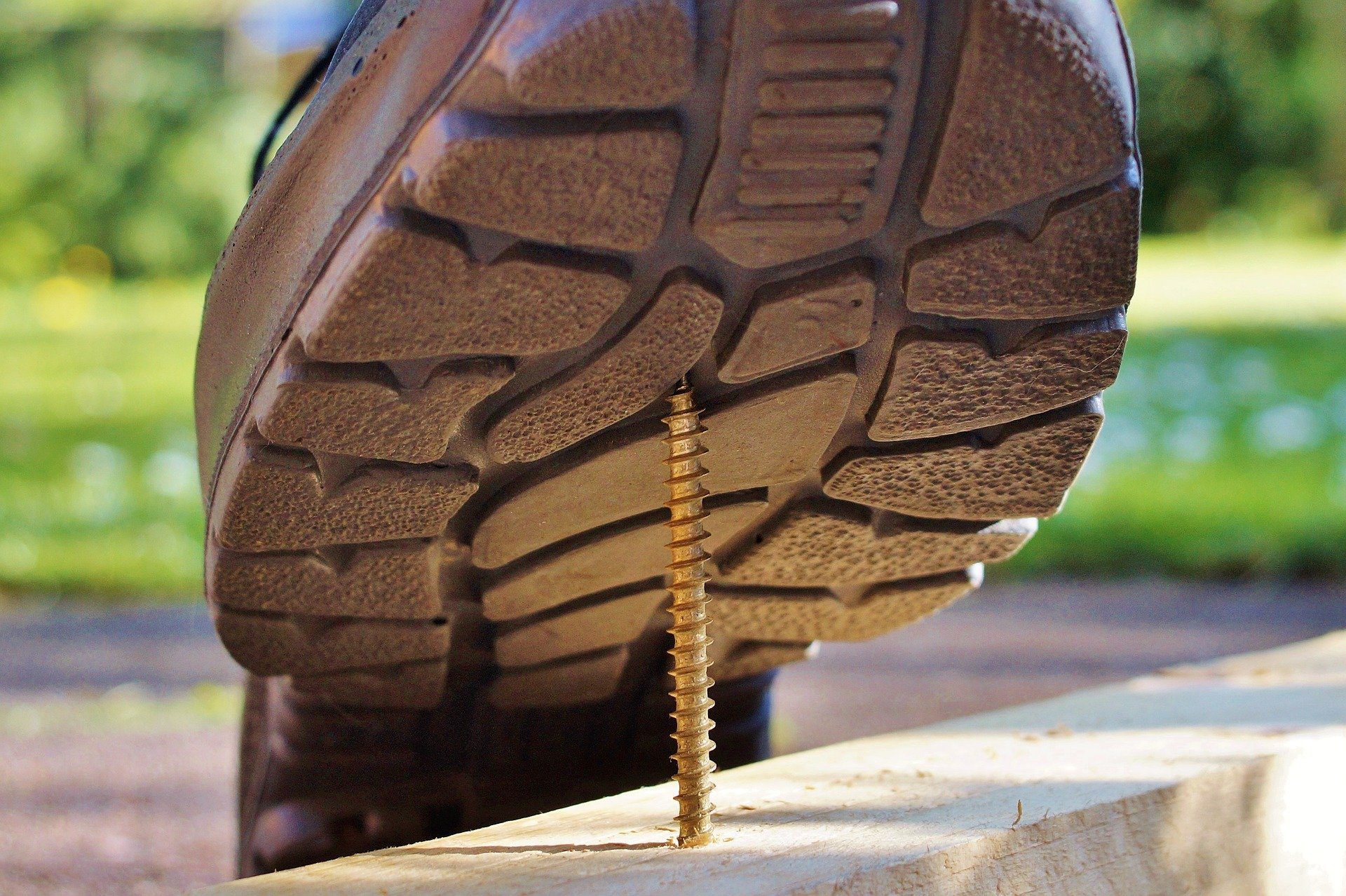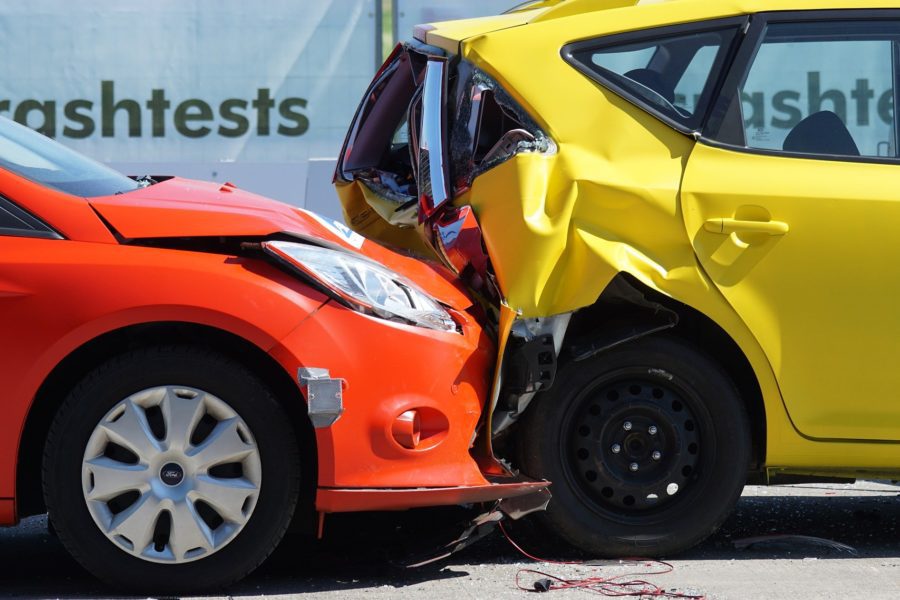Premises liability is a type of negligence action brought by someone who claims to be injured by a condition of property. Cases are dependent on the status of the injured person; the three statutes are invitee, licensee, and trespasser (more on what these mean below). Another important matter is determining who was the “possessor” of the premises and who is responsible for the condition. The owner of the land is not always the only possessor.
What to do if you are injured on someone else’s property…
First and most importantly, make sure you get immediate care for your injuries. Then call us to discuss what happened. In Texas, the Statute of Limitations for a personal injury claim is two years. We do not charge for personal injury consultations so there will be no cost to you. We can help you with your claim and get you the money you deserve.
What to do if someone else is injured on your property…
First, advise the injured person to receive any medical treatment they may need. At or around the time of the injury, use care with what words you use or actions you take because they may be used as proof against you in a lawsuit.
For businesses, you should consult with your insurance company immediately to verify coverage.
Next, speak with us to determine any potential liability. Remember, you may not be the owner of the premises but can still be found at fault in a premises liability suit.
What do the statuses mean…
As mentioned earlier, the status of the injured person will be the driving factor in a case. An invitee will be owed the highest duty of care, in other words, they are the individuals who require the most precaution. An invitee is someone who is on the premises with the possessor’s knowledge and for the mutual benefit of the parties; some examples of invitees include, but are not limited to: store customers, employees, mail carriers, and club members.
A licensee is owed the second highest duty of care. Licensees are people who are on the premises with the possessor’s permission but are only there for the licensee’s benefit, such as a social guest, off-duty employee, or door-to-door salesperson.
Lastly, trespassers are on the premises without lawful right or the permission of the possessor and merely for their own benefit; they are owed the lowest duty of care.
Who are possessors…
A defendant must be a possessor in order to be liable in a premises liability suit. Defendants become possessors many different ways. The bottom line is that possessors are those who exercise control over the premises. Some common examples include, but are not limited to, owners, agents, and occupiers.
If you’ve been injured or an injury has taken place on your property, contact us today for a free personal injury consultation. Our lawyers are experienced litigators who will ensure you get what you deserve.




